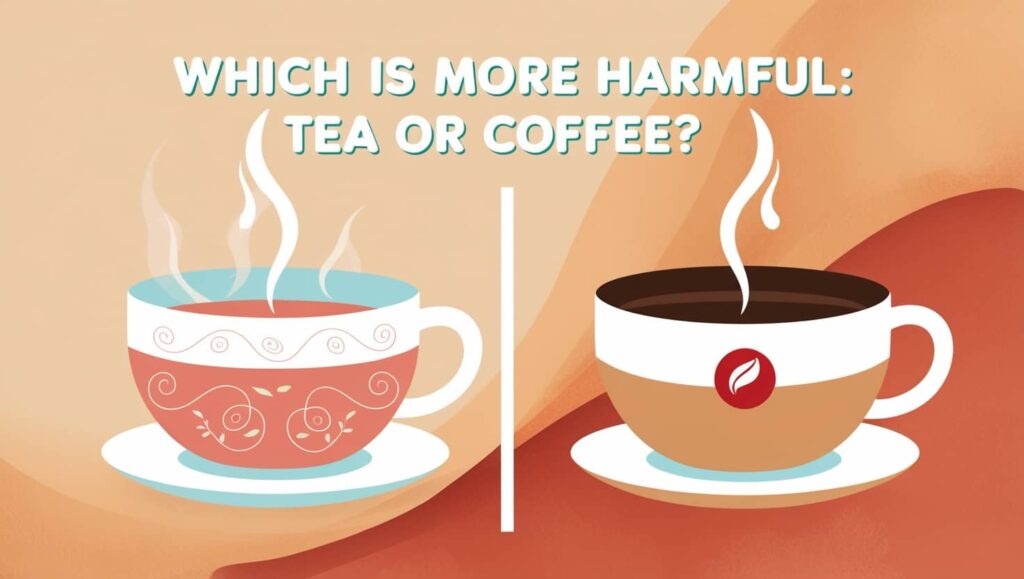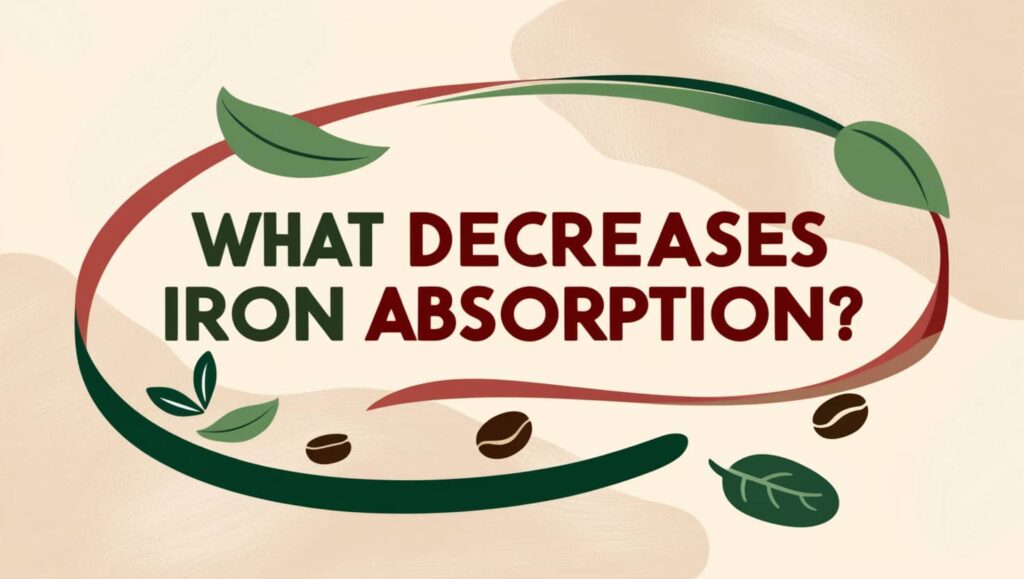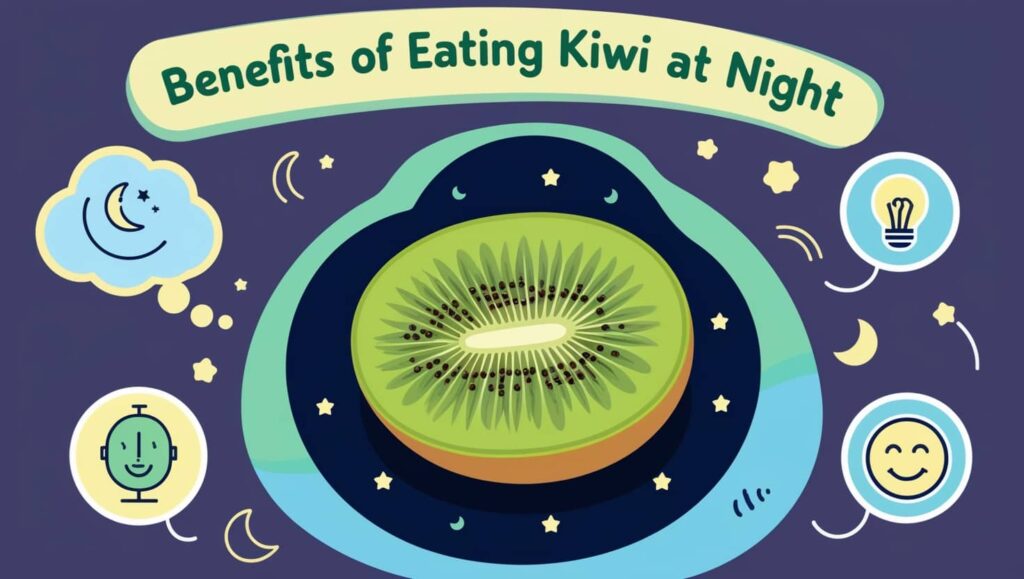Many of us consider the daily cup of coffee, a cup of happiness that is an integral part of our daily life. But what if this cup has a dark side? The side effects of drinking coffee everyday may affect our health overtime. We won’t keep you waiting, let’s dive into the topic together.
Impact on Sleep and Anxiety Levels
Coffee naturally contains caffeine, a chemical that is essential for boosting focus and concentration by activating the central nervous system. While coffee is a globally consumed beverage, with 400mg considered safe for most individuals. But as any substance, the side effects of drinking coffee everyday can negatively impact health, such as disputes sleeping and increasing anxiety levels.
According to studies conducted on a group of healthy individuals, those who consumed high doses of coffee ≥ 400 mg experienced high levels of anxiety compared to the group that consumed lower doses.
This is due to caffeine’s effects on the nervous system, where it acts as antagonist of Adenosine receptors, which play a role in modulating neurotransmitters such as acetylcholine and dopamine.
As a result, caffeine stimulates activation of neurons, leading to release of dopamine, and increases anxiety.
Furthermore, the impact of caffeine on Adenosine receptors not only increases anxiety levels but also reduces the ability to sleep and impaired awareness.
Studies demonstrated that side effects of drinking coffee every day impact on sleep, including
- A reduction in total sleep time via 45 minutes.
- About 7% decrease in sleep efficiency.
- An increase in the sleep onset via 9 minutes
- A delay in wake after sleep onset by 12 minutes.
Therefore, these disruptions to sleep cause several issues as:
- Changing mood
- Exposure to accidents
- Health problems such as heart diseases and mental health disorders.
Effects on Digestion and Stomach Health
According to research and studies, drinking coffee daily can cause some issues on gastrointestinal tract and stomach as follows:
- Increased urination by stimulating the bladder.
- Stimulation of gastrin secretion, a hormone produced by the stomach which accelerates the intestinal movement and can cause diarrhea.
- Coffee or decaffeinated coffee contains acid that contribute to
- Increase stomach acid production, leading to heartburn and pain
- Effect on gallbladder contraction and production of cholecystokinin, which can impact on individuals with gallstones.
- Exacerbation of gastroesophageal reflux symptoms.
Caffeine Dependency and Withdrawal Symptoms
In addition to anxiety, sleep disturbances, and its effects on the digestive system and stomach, side effects of coffee every day can also cause other symptoms, including:
- Increased blood pressure.
- Rapid heart rate.
- headache.
- Osteoporosis.
Therefore, it is critical to manage your daily intake of caffeine by either controlling or reducing the amount consumed to prevent health issues from worsening.
However, it is essential to be aware of caffeine withdrawal symptoms, which involves:
- Margarine or headache.
- Fatigue.
- Drowsiness.
- Mood swings.
- Irritability.
- Nausea.
These symptoms typically begin within 12 to 24 hours after the last cup of coffee and can last from 2 to 9 days.
References
- Barrea L;Pugliese G;Frias-Toral E;El Ghoch M;Castellucci B;Chapela SP;Carignano MLA;Laudisio D;Savastano S;Colao A;Muscogiuri G; (n.d.). Coffee consumption, health benefits and side effects: A narrative review and update for Dietitians and Nutritionists. Critical reviews in food science and nutrition. From PubMed
- Sajadi-Ernazarova, K. R. (2023, August 8). Caffeine withdrawal. StatPearls [Internet]. From NIH
- Liu, C., Wang, L., Zhang, C., Hu, Z., Tang, J., Xue, J., & Lu, W. (2024, February 1). Caffeine intake and anxiety: A meta-analysis. Frontiers in psychology. From NIH
- Author links open overlay panelCarissa Gardiner a b, a, b, c, d, e, f, & AbstractThe consumption of caffeine in response to insufficient sleep may impair the onset and maintenance of subsequent sleep. This systematic review and meta-analysis investigated the effect of caffeine on the characteristics of night-time sleep. (2023, February 6). The effect of caffeine on subsequent sleep: A systematic review and meta-analysis. Sleep Medicine Reviews. From Science direct
- Iriondo-DeHond, A., Uranga, J. A., Del Castillo, M. D., & Abalo, R. (2020, December 29). Effects of coffee and its components on the gastrointestinal tract and the brain-gut axis. Nutrients. From PubMed
- Sajadi-Ernazarova, K. R. (2023a, August 8). Caffeine withdrawal. StatPearls [Internet]. From NIH
Aml Abdelrhman
Medical Analysis Specialist
Aml Abdelrhman holds a B.Sc. in Chemistry from the Faculty of Science, Alexandria University. She further advanced her expertise with a diploma in biochemistry and a master’s degree in physiology. With a strong background in medical analysis, she is passionate about delivering precise and insightful scientific content. Aml combines her analytical skills with medical scientific writing and copywriting, ensuring clarity and accuracy in her work.







